This teenager has offers from three Australian universities but can’t accept any – By Sean Wales
As young people in Australia anxiously wait for offers to study at university, one talented student doesn’t have the same opportunities as her peers.
Source : sbs
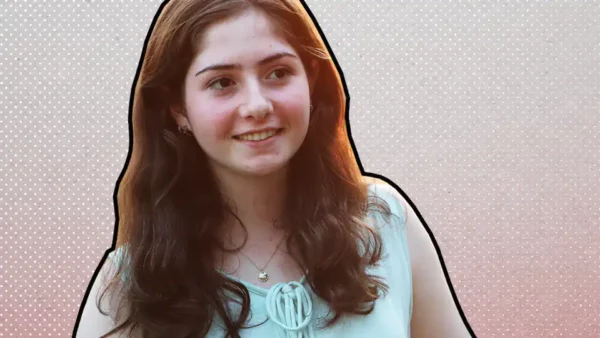
Helia Diba wants to study in Australia. Source: Supplied, SBS / Helia Diba
For Iranian refugee Helia Diba, watching her friends chase their goals is bittersweet.
The 19-year-old graduated from high school last year, and despite receiving three university offers to study architecture and business, she was unable to accept any of them.
Helia and her family have lived in Australia for more than three years, but they can’t work or study. They left their homeland to seek asylum in Australia nine years ago and are living in the community under what the Australian government describes as Residence Determination.
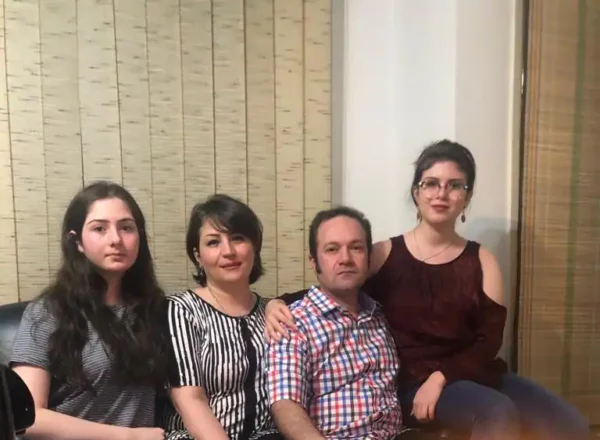
Helia, left, with her mother Maryam, father Mehdi, and sister Anahita. Source: Supplied / Helia Diba
It also means her father can’t utilise his skills as a mechanical engineer, and her mother and sister can’t earn any money as artists.
Helia describes it as being stuck in limbo.
“I watch all of my other friends, including friends who are refugees, getting on with their lives and I’m just stuck,” she said.
A decade of uncertainty
Helia says her family is in the community detention program because of the mode of transport they used to come to Australia.
After fleeing Iran due to fears of religious persecution in 2013, they took a boat from Indonesia, before being taken to Christmas Island.
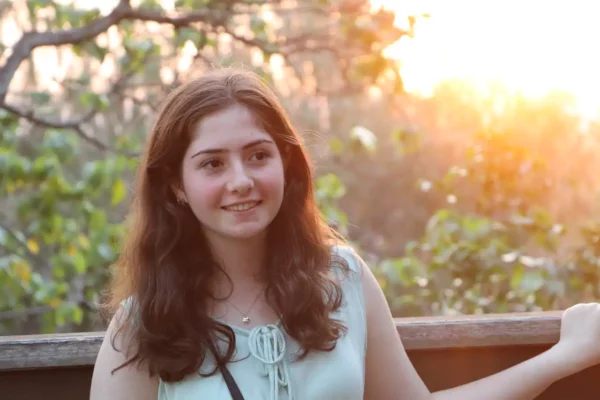
Helia can’t take up her university offers because she and her family are in community detention. Source: Supplied / Helia Diba
Helia’s family were placed in detention on Nauru, where they would stay for five years before coming to Australia under the Medevac Bill laws in 2018.
“We were told we would be in Nauru for six months and then we’d be granted a visa for Australia,” she said.
“Instead, we lived in a tent for about a year before we moved into the Nauru community. We lived there for five years.”
“We were told we would be in Nauru for six months and then we’d be granted a visa for Australia. Instead … we lived there for five years.– Helia Diba, Hopeful student
They live in a government-paid home in Melbourne’s northern suburbs, and her parents receive around $120 each a week from Centrelink.
“It’s not enough, especially with the prices of everything going up right now. It’s enough for food and sometimes there are other programs that help us out,” she said.
She said their life in Australia is a far cry from the hopes and dreams they had for their new lives when they left Iran almost a decade ago.
Hundreds in the same position
The latest data from the Department of Home Affairs shows as of 30 June this year, 566 people were living in Australia under the community detention program.
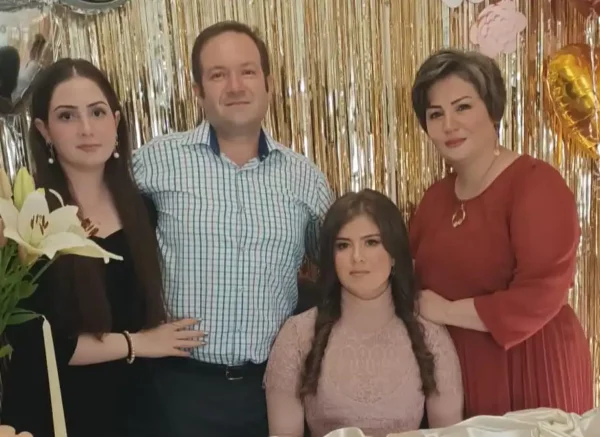
Helia and her family want to study and work in Australia. Source: Supplied / Helia Diba
Saba Vasefi is an Iranian Australian scholar and journalist at the University of Sydney and has spoken to multiple young people living in community detention.
She said they are being punished because they arrived in Australia by boat.
“These youth did not have any power over their mode of arrival, yet Australia is vigorously punishing them.
“These youth did not have any power over their mode of arrival, yet Australia is vigorously punishing them.Saba Vasefi, Academic
Ms Vasefi is calling on the federal government to consider the cases of young people living in Australia in community detention as a matter of priority.
“This needs to be repealed – the government should act urgently to facilitate access to tertiary education for these refugees, and offer them specific scholarships,” she said.
‘We don’t have anything to look forward to’
Helia’s message to the government is to abolish the program altogether.
“This policy is inhumane. No human being deserves to be treated this way and have to live in this situation,” she said.
“We don’t really have an option to apply for any visa, except for a bridging visa. You can work on that but again you don’t have the rights to study. I don’t want my life to just be working; I want to study.”
But she is not hopeful that will happen and her family is now looking overseas for other opportunities.
“The government will never change the policy on this. All the refugees that came to Australia by boat will never be resettled here in Australia,” she said.
“My family has shown interest in resettlement to New Zealand and right now we are just looking forward to that.
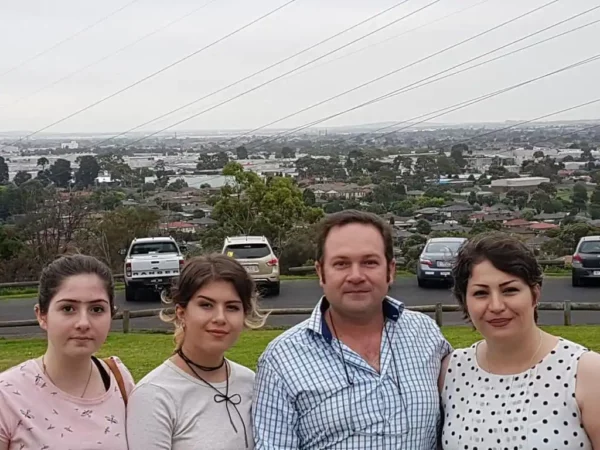
Helia says her family is now interested in resettling in New Zealand. Source: Supplied / Helia Diba
In a statement provided to SBS News, a spokesperson for the Department of Home Affairs said the department “will continue to work with the government on a range of measures aimed at addressing barriers to status resolution and associated risks of long-term detention”.
Minister for Immigration, Citizenship and Multicultural Affairs, Andrew Giles, “has expressed the government’s commitment to humane and risk-based immigration detention policies”, they said.
The spokesperson said individuals in community detention are provided with health services, accommodation, case worker support and a living allowance, but must comply with conditions including that those over the age of 18 do not engage in study.







